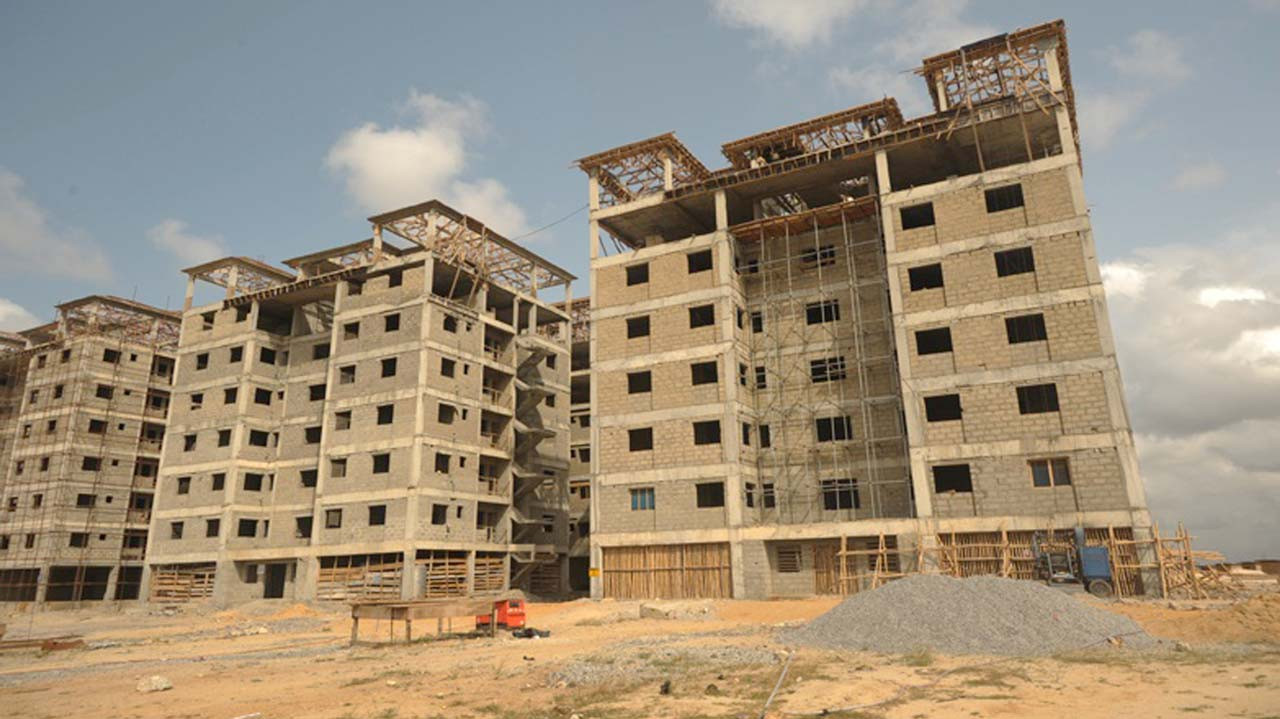
Navigating the Legal Aspects of Real Estate Transactions in Nigeria
Navigating the legal aspects of real estate transactions in Nigeria is a crucial step in ensuring a smooth and secure property transaction. The Nigerian real estate market, like any other, comes with its own set of laws, regulations, and intricacies that buyers, sellers, and investors must understand and adhere to. In this blog post, we'll delve into the legal aspects of real estate transactions in Nigeria, providing you with valuable insights on how to approach this important process.
1. Land Titles and Documentation:
One of the first and most critical steps in any real estate transaction in Nigeria is ensuring the authenticity and legality of the land title. Nigeria operates under a system of land registration, and it's essential to verify the history and documentation of the land to avoid complications later. Key documents to examine include the Certificate of Occupancy (C of O), Deed of Assignment, and Survey Plan.
2. Due Diligence:
Conducting due diligence is paramount to identify any encumbrances, disputes, or legal issues related to the property. This includes checking for unpaid property taxes, land disputes, or any pending litigation that could affect the transaction. Legal experts or property consultants can assist in this process.
3. Legal Representation:
Having legal representation is a wise choice during a real estate transaction. A competent real estate lawyer with expertise in Nigerian property law can provide valuable guidance, review documents, and ensure that the transaction aligns with legal requirements.
4. Purchase Agreement:
A well-drafted purchase agreement is a legal document that outlines the terms and conditions of the property sale. It should include details about the parties involved, the property description, the purchase price, and the timeline for the transaction. The agreement must be signed by both parties and notarized for validity.
5. Stamp Duties and Taxes:
Stamp duties and taxes are an integral part of real estate transactions. Buyers and sellers must be aware of their tax obligations and ensure that all applicable taxes are paid in compliance with Nigerian tax laws.
6. Property Transfer and Registration:
The transfer of property ownership in Nigeria must be registered with the appropriate government authority, such as the Land Registry or the Abuja Geographic Information Systems (AGIS). This registration process is vital to establish legal ownership.
7. Property Disputes:
In the event of a property dispute, it's advisable to seek resolution through legal means, such as mediation or litigation. Property disputes can be complex, and it's important to follow the legal process to protect your interests.
8. Real Estate Agents and Brokers:
Real estate agents and brokers play a role in property transactions. Ensure that they are licensed and registered with the appropriate regulatory bodies to avoid potential legal issues.





